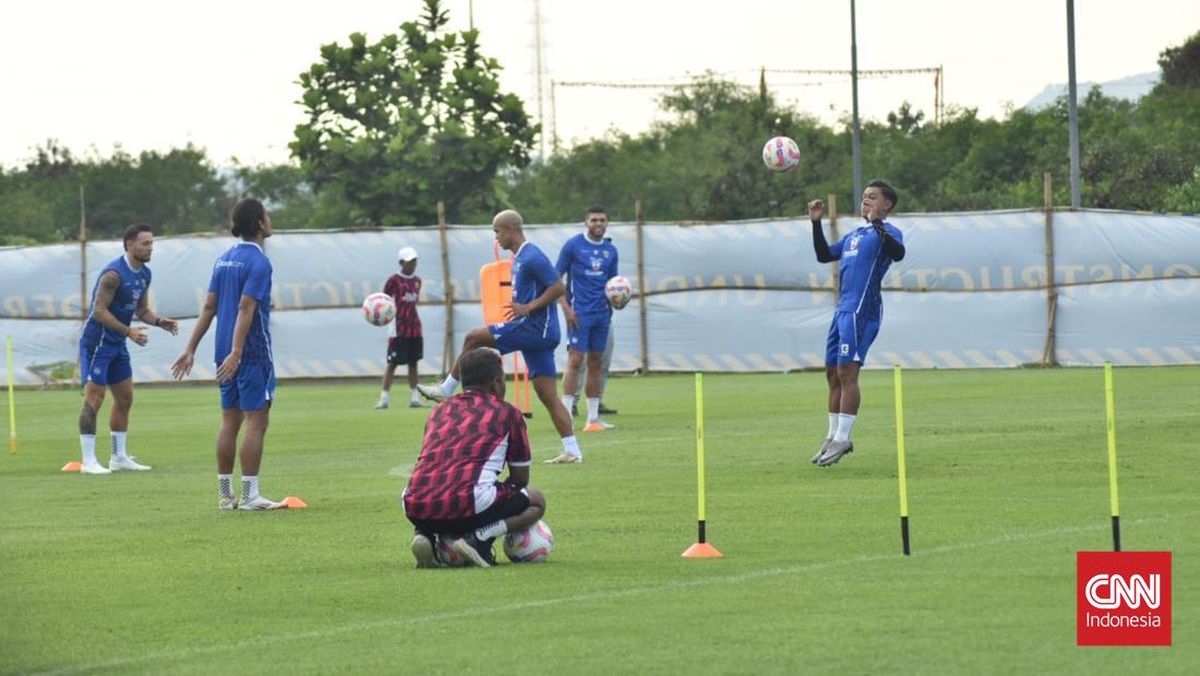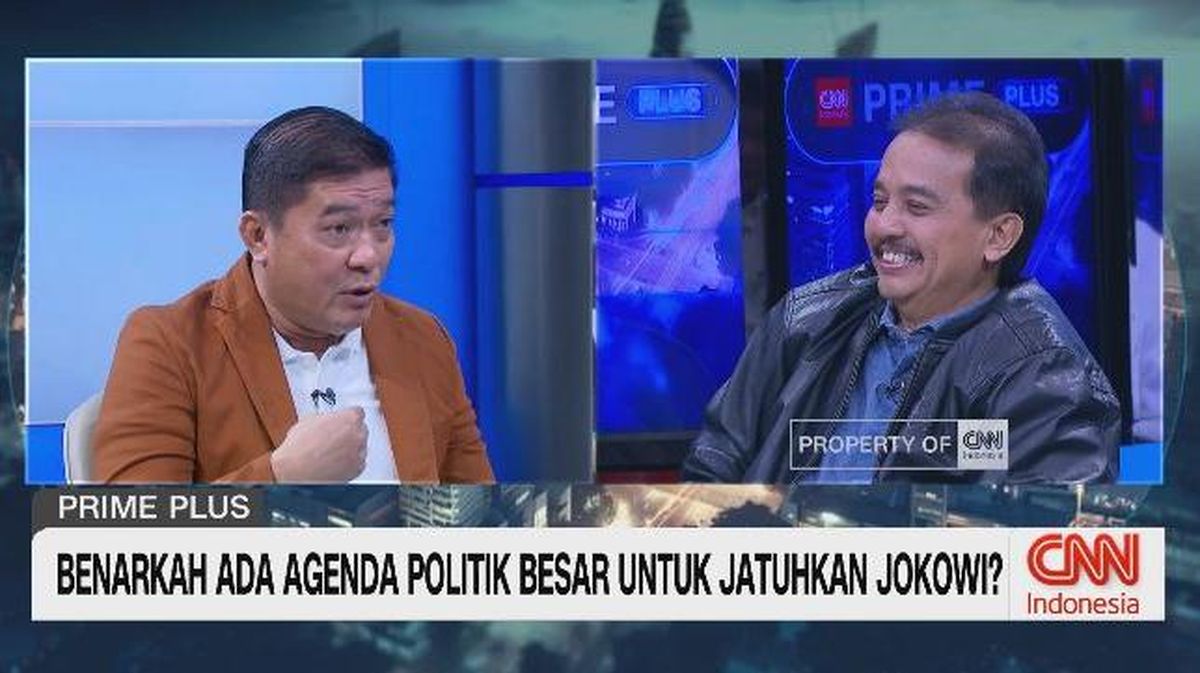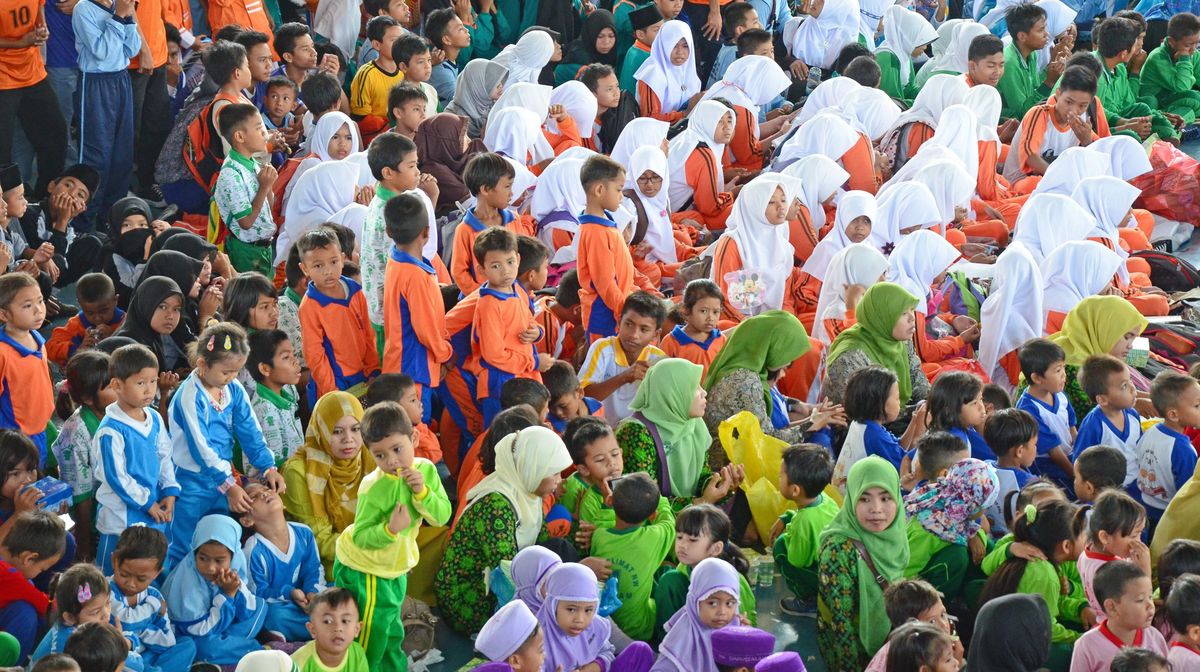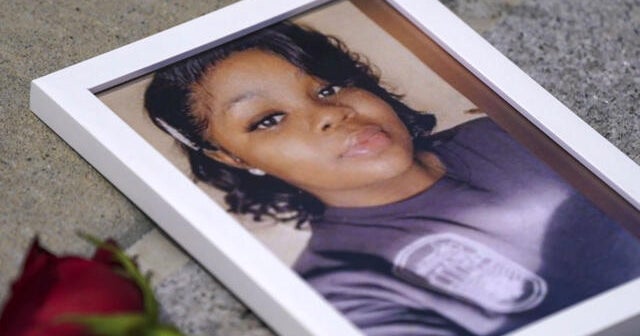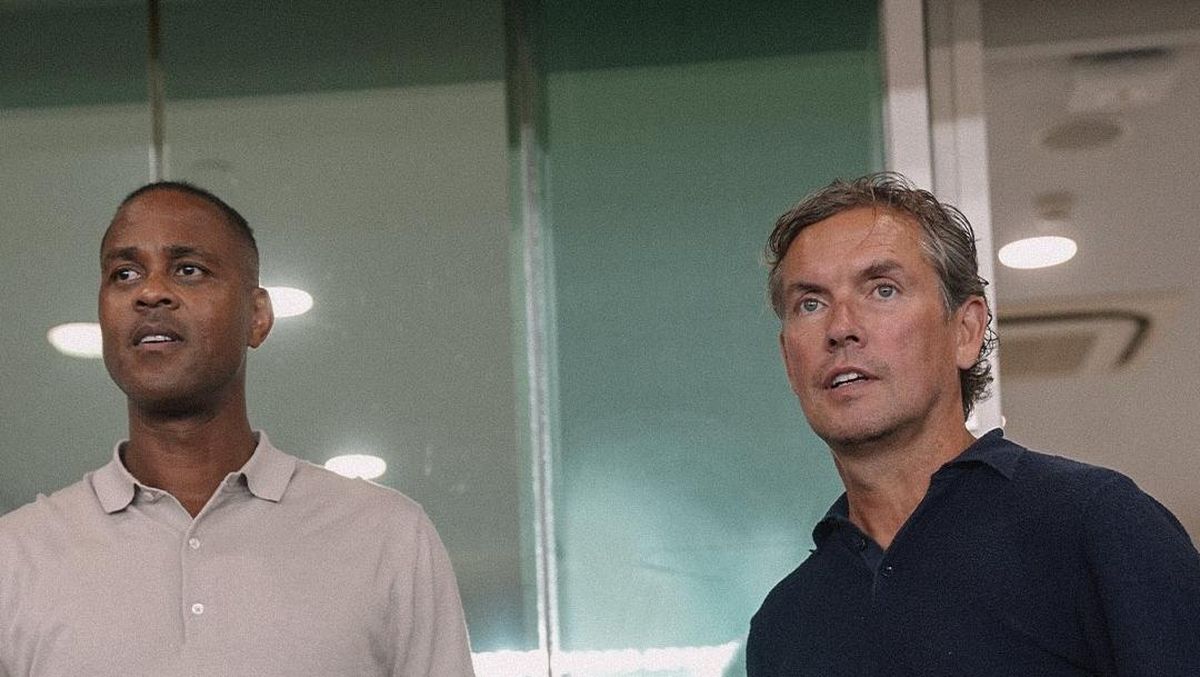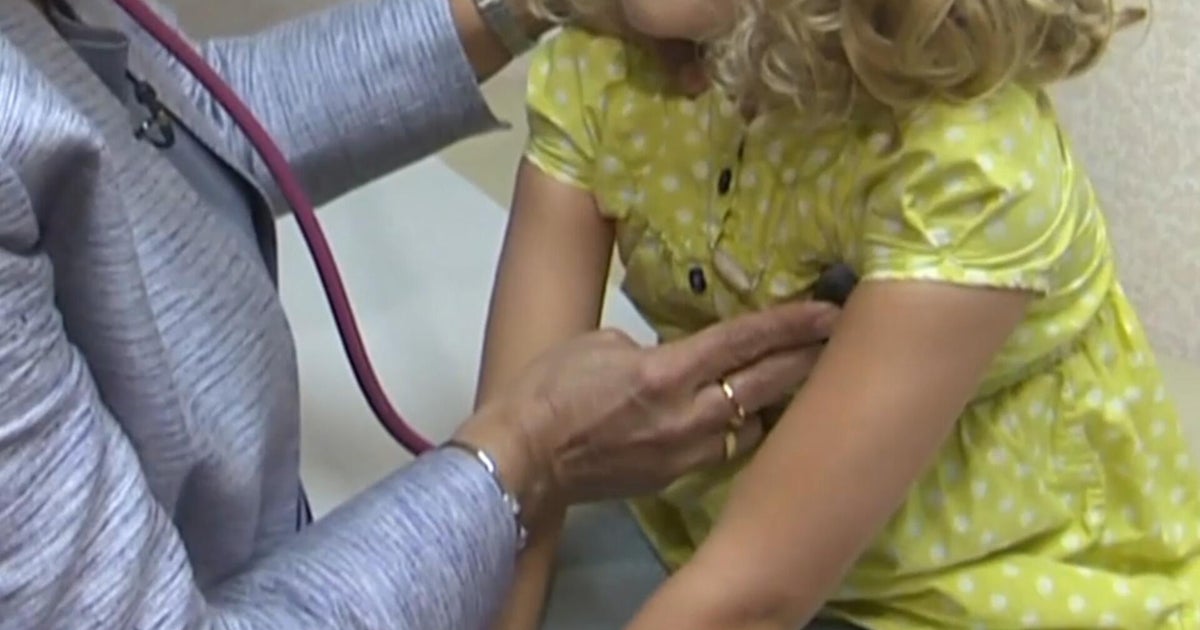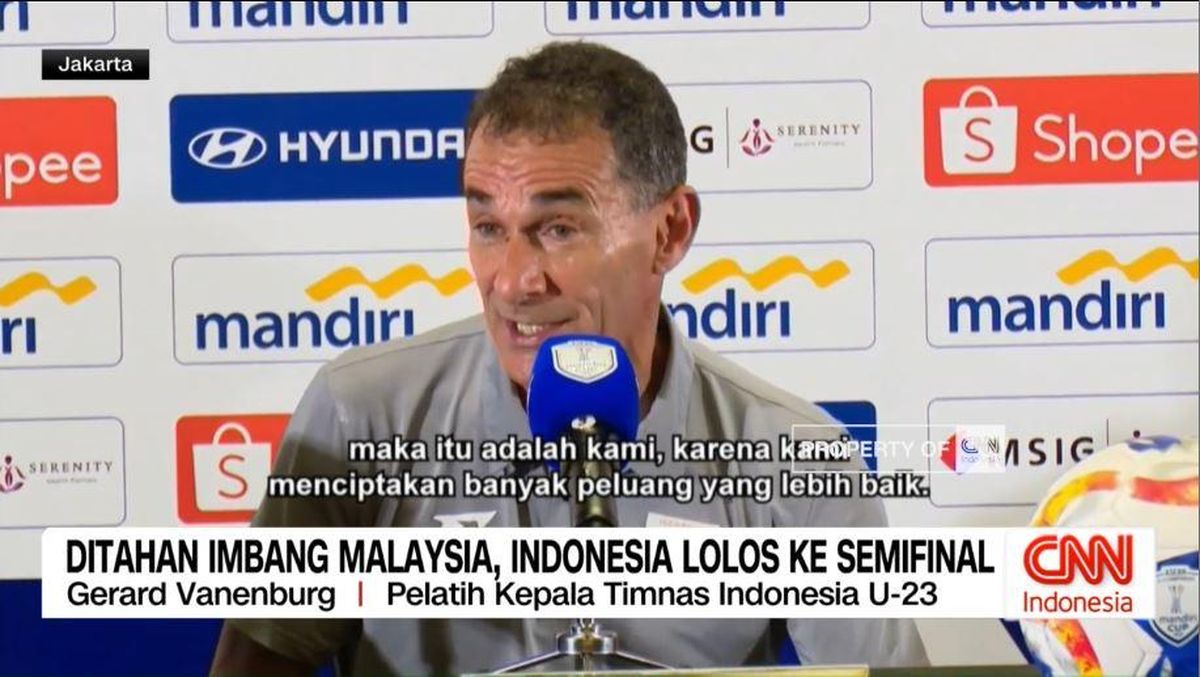“I really think a stand needs to be taken,” she said.
“If we say we won’t do anything because we don’t want to create martyrs, then we’re not stopping it from happening.”
She also said support for Muslim Australians after the September 11 terror attacks was stronger than the support for Jewish Australians today.
“I know that Jewish Australians, as well as Australians from all different backgrounds, were very quick to ensure that Muslims didn’t feel that they were being treated differently because of what had happened on September 11.
“After [the mosque attacks in] Christchurch, we all stood shoulder to shoulder outside the [State] Library, and we all spoke in support of the Muslim community, and that we never wanted to see actions like that here – and yet it’s happening ... It has to be stopped.”
Dessau said the Jewish community was afraid, and the way to reassure them was for police and political leaders to be “doing what needs to be done” to stop antisemitic behaviour.

Islamophobia and racism against Arab Australians were linked as factors behind the 2005 Cronulla riots.Credit: Andrew Meares
“The community feels let down for the very reasons that you’ve just pointed out so eloquently that in other instances, these things have been stopped right at the source, and they should have been here too,” she said.
In an interview with Mitchell 10 days after the September 11 attacks, transcripts show then-prime minister John Howard sought to stress that the international response was “not a reaction against Muslims”.
“I want to emphasise that Islamic Australians, Australians of Arab descent, should not be marginalised and generically pursued and criticised and vilified as a result of what has happened.”
However, multiple studies have shown a rise in Islamophobia in Australia since 2001. Islamophobia and racism against Arab Australians have been linked as factors behind the 2005 Cronulla riots.
In 2021, the Australian Humans Rights Commission released a report into the stories of Muslim Australians and said consultations with community members noted a “distinct shift” in attitudes since 2001.
Loading
“In short, attitudes shifted from racialised discrimination, vilification and hate to intolerances
based on people being Muslim. Participants described that after this time, anti-Muslim attitudes
often revealed a misunderstanding of Islam and stereotyped Muslim people as terrorists and
extremists,” the report found.
A study published by the Alfred Deakin Institute for Citizenship and Globalisation, also in 2021, found anti-terror legislation had led to feelings of an “over-surveillance of Muslims”, which led to this community feeling untrusted.
Earlier this month, Premier Jacinta Allan and Prime Minister Anthony Albanese condemned an arson attack on the East Melbourne Synagogue and a protest at central-city Israeli restaurant Miznon on the same weekend.
An anti-hate taskforce was set up to address the attacks and rising antisemitism.
Loading
Police have charged people in relation to both incidents. They also charged a man in relation to last year’s firebombing of the Adass Israel Synagogue in Melbourne’s south-east last week after The Age reported that the investigation had stalled.
Meanwhile, on ABC Radio on Monday, Monash University vice chancellor Sharon Pickering said freedom of peaceful protest was absolute, but her organisation would not let antisemitism, Islamophobia or other forms of hate cross over.
Asked about the difference between antisemitism and criticism of the Israeli government, Pickering said her doctoral work was based in Northern Ireland before the Good Friday Agreement and that conflict was a “difficult and messy space”.
“People are able to make valid and reasonable criticism without crossing a line into, in this case, antisemitism, or in relation to any other hatred,” she said.
“We are sophisticated organisations at universities, we can make good and proper and fair judgements that are both reasonable within the context of the university and also, what we would say, as passing the pub test.”
Australia’s antisemitism special envoy Jillian Segal last week released a landmark report that recommended stripping funding from universities, charities and cultural institutions that fail to combat antisemitism.
Pickering said her university had everything in place to maintain academic freedom and freedom of expression while addressing antisemitism.
“We also recognise that the sector is, frankly, one of the most over-regulated sectors in the country. We are subject to over 300 pieces of legislation and regulation, that’s gone up by, we estimate, somewhere between 25 and 30 per cent in the last year,” she said.
“We look forward to working with the special envoy and the government to ensure we use all those existing settings to continue to counter antisemitism wherever it arises.”
Start the day with a summary of the day’s most important and interesting stories, analysis and insights. Sign up for our Morning Edition newsletter.


